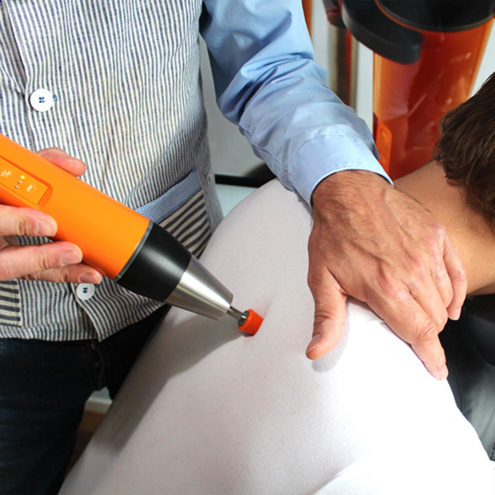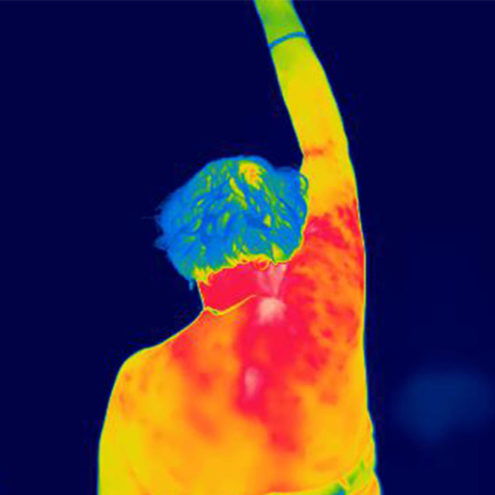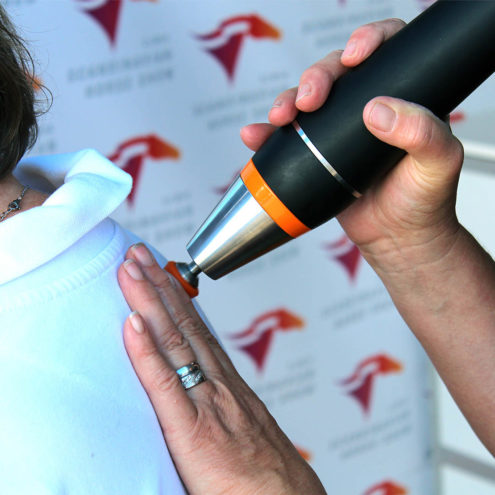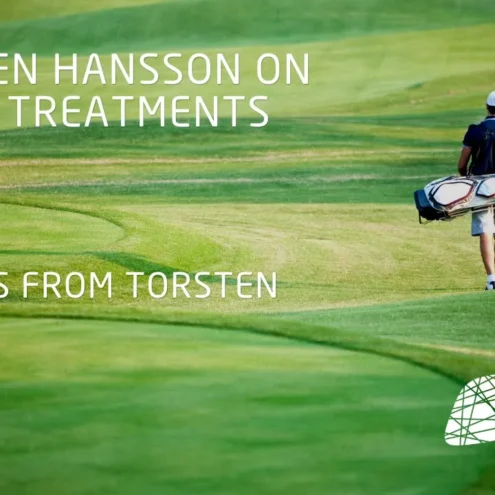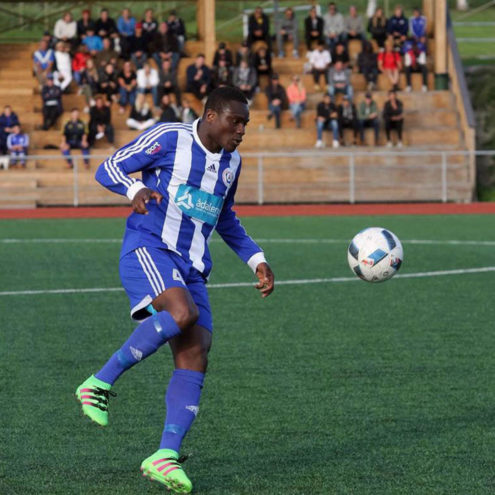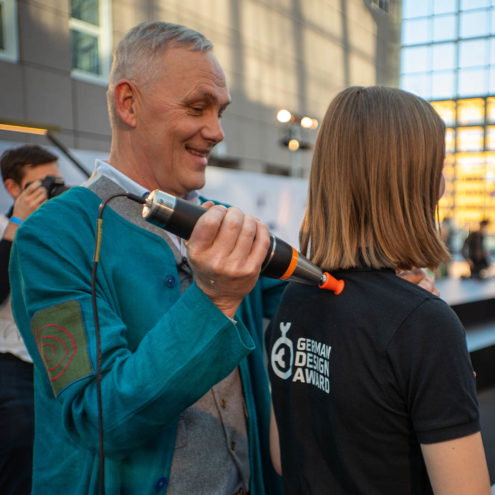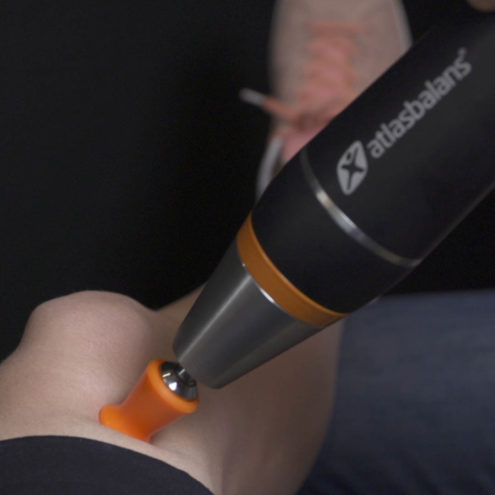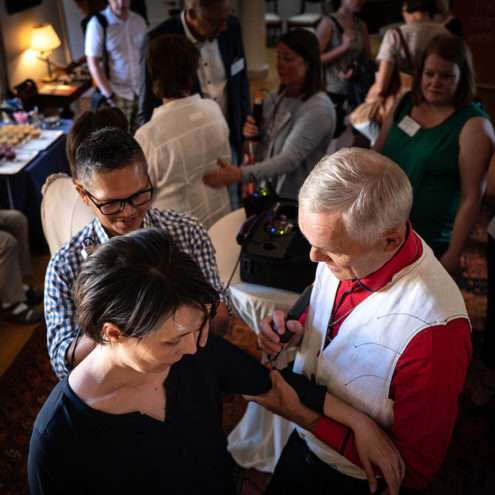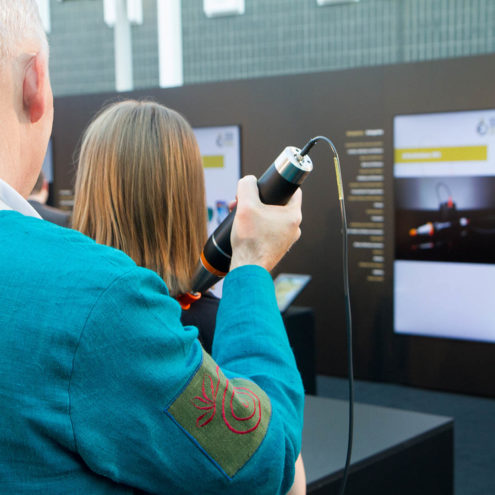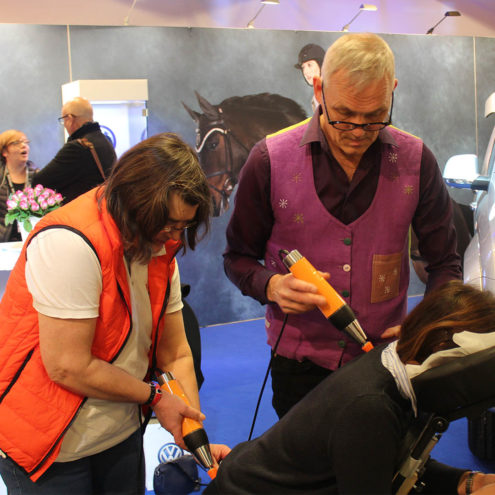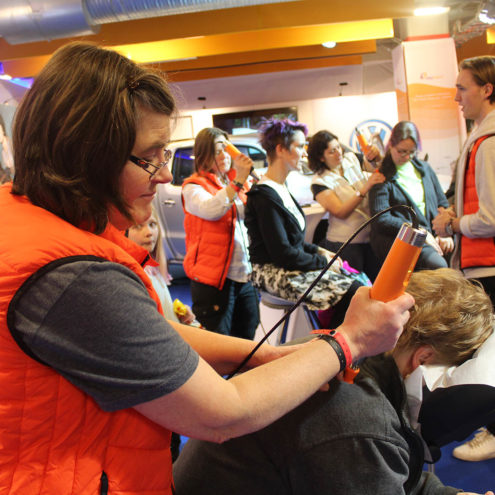Torn Shoulder Tendon: Symptoms and Treatment

What does a torn tendon in the shoulder mean?
Description of a torn tendon in the shoulder and its characteristics
A torn tendon in the shoulder, also known as a rotator cuff injury, means that one or more of the tendons that control the shoulder joint and rotator cuff become partially or completely torn. The rotator cuff is made up of four muscles and their tendons that surround the shoulder joint and help with its stability and movement. When one or more of these tendons are injured, it can lead to pain, weakness and reduced mobility in the shoulder. The injury can range from a partial rupture, where the tendon is still partially intact, to a total rupture, where the tendon is completely torn from its attachment to the bone.
Common causes of torn tendons in the shoulder
The causes of torn tendons in the shoulder can vary, but often include:
Trauma: A sudden fall or direct blow to the shoulder can cause a tear in the tendon.
Overuse: Repeated movements, especially above shoulder height, can overuse tendons and lead to injury. This is common in athletes and people with occupations that require repetitive arm movements.
Age-related changes: With age, tendons can weaken and lose their elasticity, increasing the risk of tears. Degenerative changes can also contribute to the injury.
Symptoms of a torn tendon in the shoulder
Sharp pain in the shoulder at the time of injury
If a tendon is acutely torn, you experience an immediate and sharp pain. The pain leads to an inability to continue with the activity that caused the injury. Sometimes, the pain can radiate down the upper arm and worsen with movement.
Difficulty moving the arm or shoulder, especially when lifting or rotating
After the initial pain, a torn tendon in the shoulder can lead to difficulty moving the arm or shoulder. Common problems include weakness in the shoulder, problems lifting the arm above the head and rotating the shoulder. It can prevent the sufferer from performing everyday activities such as carrying objects, combing their hair or reaching for something on a shelf.
Swelling and tenderness around the injured area
Swelling and tenderness around the shoulder are common symptoms after a tendon is torn. The area may be sensitive to touch, and inflammation may develop, further contributing to pain and stiffness. Sometimes a visible deformity or bruise may occur depending on the severity of the injury.
Treatment of a torn tendon in the shoulder
Surgical repair of the torn tendon
In severe cases, surgical repair may be necessary. The operation involves the surgeon attaching the torn tendon to the area it was torn from. The aim of the surgery is to allow healing and restore function and stability to the shoulder.
Rehabilitation program with physiotherapy
After surgery or as part of a conservative treatment plan, rehabilitation with physiotherapy is essential for recovery. A rehabilitation program may include:
Strength training: to strengthen the muscles around the shoulder and improve stability.
Mobility exercises: To regain and maintain full mobility of the shoulder.
Coordination exercises: to improve control and function of the shoulder.
Pain relief and anti-inflammatory treatment
To manage pain and inflammation, the following treatment methods can be used:
Painkillers: such as ibuprofen or paracetamol to reduce pain and inflammation.
Non-steroidal anti-inflammatory drugs (NSAIDs): to further reduce inflammation and discomfort.
Cold and heat treatment: Ice to reduce swelling and pain immediately after the injury, and heat to relieve muscle pain and stiffness during the healing process.
How can we help you with your torn tendon in your shoulder?
At the FasciaClinics, we specialize in seeing and treating the body from a holistic perspective. We perform fascia treatments, a highly effective wellness treatment that focuses on treating and maintaining the fascia in our body. The fascia is the network of connective tissue that binds and permeates everything in our body. All cells, tissues (even bone tissue), muscles and organs contain fascia.
During the visit, we analyze the whole body to see where compensations and imbalances are and how they have spread. If there is an imbalance in the body, there is a risk that they will spread and affect other structures. That’s why it’s very important to seek help quickly as soon as you experience any symptoms.
In the case of a torn tendon, it is important to first seek medical attention to get the correct diagnosis and appropriate treatment. Fascia treatment can be an excellent complement to traditional care. The treatment removes tightness in the fascia and increases circulation in the tendon, which helps the body heal. The treatment is not painful and is often very pleasant.
Remember to follow the doctor’s treatment plan. Fascia clinics are not involved in medical care, but in wellness.
 Search
Search

